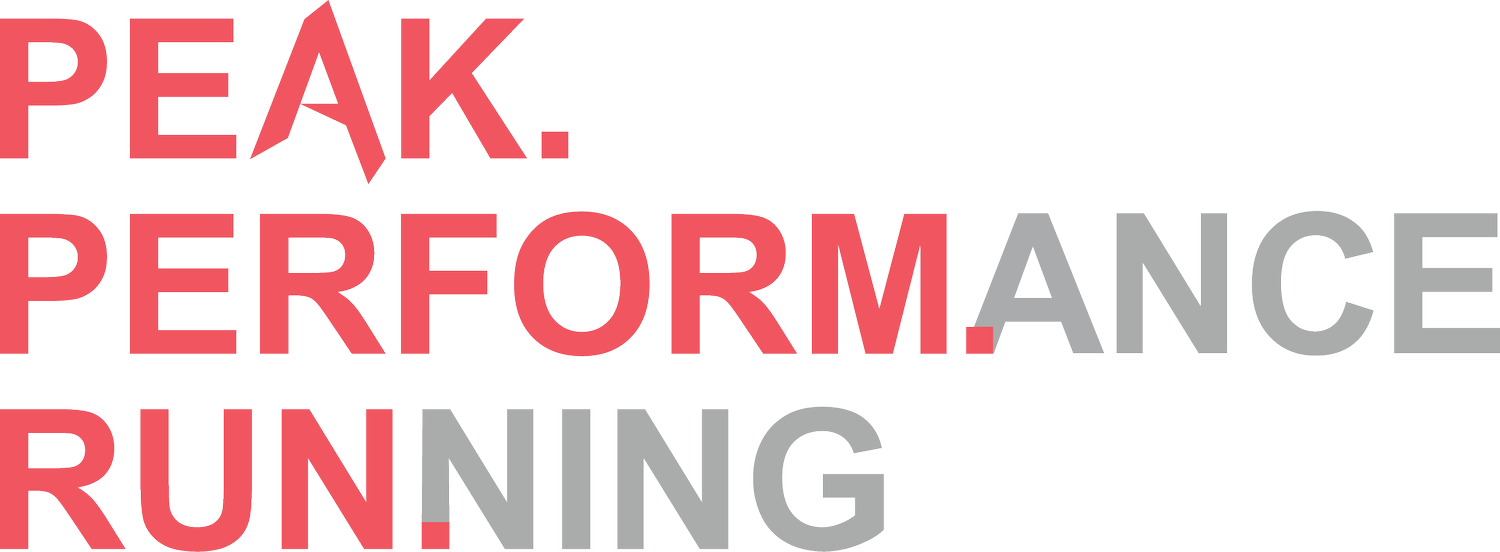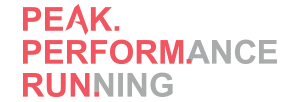Segment 12: Recognize, Refocus, Review
Rest, Recognize, Refocus, Review
Watching athletes close the season, they often just move on to the next thing - the next sport or set some loose goals for track. I have athletes contact me every January asking how they can get ready for track and I often start by asking them to look back on cross country and define what they did well and what they wanted to improve on. On one particular call, I had an athlete ask me “What does my cross-country season have to do with track season?”. It was at that moment I realized that they had taken a myopic view of the carry-over principle of training. It was clear they were sensitive about the seasons and once we broke it down - they were upset with how they raced at state. On paper, this athlete had a great season but they were stuck on the one performance they wanted to go well - STATE.
Let me be the first to tell you, just as I did to them: One race does not define your season!
Taking a step back for gratitude
I’m going to ask all of you to complete a season review, even if you’re going to NXR, RunningLane, or FootLocker. Your regular season performance needs a review just as much as the “cherry on top” post-season performances. This weeks download is a season review but it’s worth doing a little more than simply patting yourself on the back. I’m sure you didn’t get here alone - I’ll encourage you to write a thoughtful text to your teammates giving them a thank you and share a specific memory. Further, write your coaches, PT, or trainer a note thanking them for their work and share the impact they had on their season. This act of gratitude is grounding and often helps you get into a reflective mindset that can help you think critically about where you need to improve as you look forward at the next season.
REST
This is a necessary pirnciple of the off-season and I have one rule when it comes to taking breaks and returning to training after a long block of racing and hard training.
Do not return to running until you ache to get out for a run, and then wait one more day
Don’t return to running based on others return, or the guilt of seeing others getting back to training. It can be a tough road sitting on the coach for a few extra days than your peers but it often leads to long-term happiness and health. If you started training in June and raced the last week of October that’s 5 months of continuous hard work, with ~ 20 off days if you ran 6 days a week. 10-14 days off at the end of the season gives you a chance to recover physically and mentally. We can feel the effects of physical recovery the moment we wake up, the mental side can be tougher. That’s exactly why I encourage athletes wait to return to running until they CRAVE a run - this means all systems are go and ready to start putting out 100% effort once again. Rest doesn’t mean you sit on the coach save for a few days after the season. Cross-training and moving your body for 20-30 minutes is a great way to stay moving and keep your bodies rhythm intact so you can sleep well and have a good stress relief.
The other 3 R’s
If you’ve been here for any length of time, you understand that internal reflection is paramount to your future success. Instead of the normal prompts of “what 3 things did you do well” and “what 3 things can you improve on moving forward”, I want you to take time to further reflect on the grey areas of your running and training. If you looked at it - did you race every race with an effort you’re proud of? What skills do your teammates or role models possess that you’d like to adopt or strengthen? How do you want to show up for this next season? These questions can be harder to answer and demand a reflection on who you are now, and the athlete you want to become in the coming season. This review allows you to recognize your areas of improvement as well as your strengths, ultimately creating a plan on how to refocus yourself moving forward.
Take some time with this week’s download to get started.


